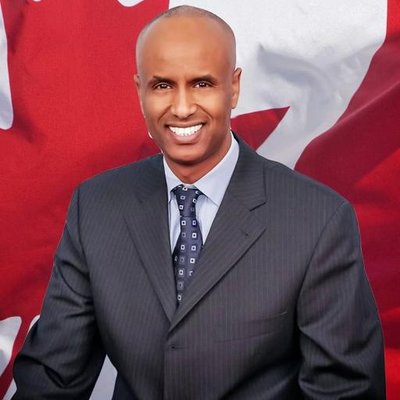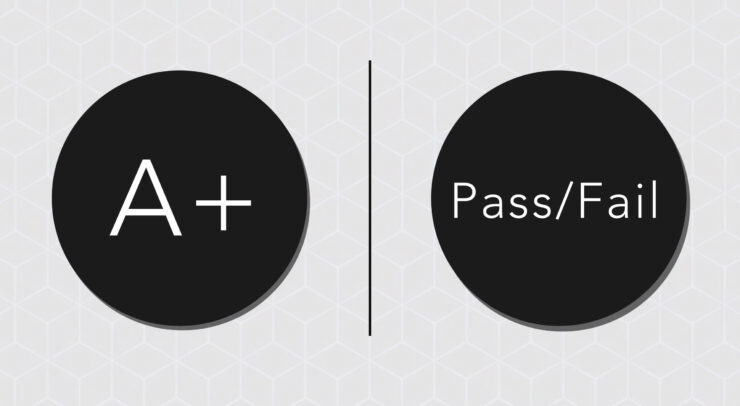Immigration policy should be based on merit, not luck
Many Canadians believe the principle of first come, first served is fair. However, in December 2016, the federal government announced it was introducing a lottery system as part of their immigration policy. New Canadians wishing to sponsor their parents or grandparents to reunite their families would be selected by lottery. However, a lottery system process is too random and unfair to be the method by which we decide who can become Canadian citizens.
When the new system took effect in January 2017 it sparked outrage from existing applicants, and petitions were launched against the program. Despite this backlash, the government reopened applications the lottery system earlier this month for 2018. It’s easy and justifiable to identify with anger over this, as a system that used to take hard work is now closer to luck of the draw.
The Liberals were elected in 2015 on a platform that included increasing immigration, family reunification, and reducing application backlogs. They promised to make the process more transparent, more accessible and more fair, but a lottery system certainly isn’t any of this.
By contrast, the previous Conservative government discouraged family-reunification. In 2011, the Harper government froze reunification applications to handle the high levels of applications already in the system. They introduced the “super visa,” allowing applicants to apply to live with their families for up to two years, and after that return for several six month entries for the remaining time. Meanwhile in Canada, their families were responsible for health care and other expenses.
Under the Liberal’s lottery system, the number of applications to sponsor parents and grandparents doubled to 10,000. The new policy also continued to offer the super-visa option. That meant that 20,000 parents and grandparents entered Canada in 2016 and 2017. The old paper system was replaced with an online system in an effort to halve the waiting time to one year.
It’s hard to criticize these improvements. The Liberals voiced a message of acceptance to the world and this policy is consistent with that message. Yet, the pain of separation has not been relieved with this new policy. Applicants, privileged or not, face the reality that they still have only a 10 per cent chance every year of being considered. They could spend years hoping and never be considered.
Just as a reunification policy shouldn’t favour the wealthiest, it shouldn’t create a system of further uncertainty where applications hang in limbo. Surely, we can do better. This isn’t Lotto 649, these are people’s lives.





